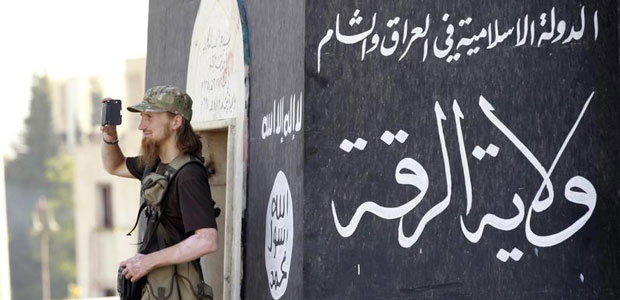The Sadness of May the 25th
To rewrite one’s story, when it is so painful, feels like a kind of suicide. Psychologists would say that is part of a grieving process, helping close nefarious chapters in life. We, the victims of sexual violence, are often told that. But I think it would be more helpful to the goal of moving forward…
Attacks on the Press
Highly publicized murders of journalists heighten awareness of the grave dangers that reporters and photographers face around the world. Less widely known are the myriad other risks to journalists, including imprisonment, cyberattacks, harassment, frivolous lawsuits, and censorship. These threats exist to varying degrees in war zones, politically volatile regions, and even stable countries, and they…

Broadcasting murder: Militants use media for deadly purpose
News of the August 19, 2014, murder of journalist James Foley broke not in the media but instead on Twitter. News organizations faced the agonizing questions of how to report on the killing and what portions of the video to show. If a group or individual commits an act of violence, and then films it,…

Lack of media coverage compounds violence in Libya
Near the end of August 2014, Egypt and the United Arab Emirates launched airstrikes against what were characterized as Islamist-allied militias fighting near Tripoli, Libya. Or maybe they didn’t. The New York Times broke the story on August 25, 2014; Egypt denied it, the UAE didn’t comment, and U.S. officials made seemingly conflicting statements.
Between conflict and stability: Journalists in Pakistan and Mexico cope with everyday threats
By Daniel DeFraia The Pakistani journalist knew the risk, but he wrote the story about the militants anyway. Years earlier he had been shot, after reporting on another taboo subject, but for him the freelance work was thrilling, even after he had to marry his girlfriend in secret and flee Pakistan without her–and still now,…



